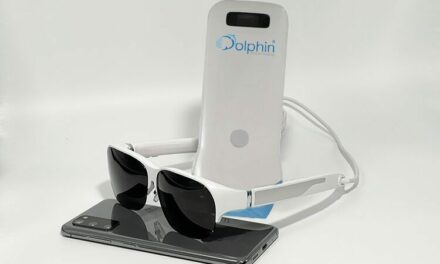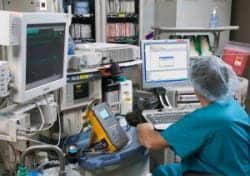Royal Philips, Andover, Mass, announced that it will collaborate with Massachusetts Institute of Technology (MIT) to allow healthcare researchers to tap into one of the largest patient data sources available for research on critical care. Philips will be granting access to the data of more than 100,000 patients, collected and “anonymized” through the Philips Hospital to Home eICU telehealth program. According to the announcement from Philips, the Laboratory of Computational Physiology (LCP) within the MIT Institute for Medical Engineering and Science will serve as the academic research hub for the initiative. The LCP will also provide and maintain access, as well as help educate researchers on the database, and offer a platform for collaboration.
Most inpatient multicenter data sets available to researchers today are limited to insurance claims data, according to Philips, offering only a summary of a patient’s stay. Through this new initiative, Philips hopes to release a more comprehensive look at the ICU patient’s journey by opening up data sets from patient stays in eICU centers representing approximately 10% of all adult ICU beds in the United States. The company reports that the secure database will include anonymized and detailed clinical data such as vital signs, pharmacy medication orders, laboratory results, diagnoses, and severity of illness scores, giving researchers comprehensive insights into a patient stay.
“Researchers are always looking for better, more accurate and comprehensive data that enables a holistic representation of the patient experience,” said Leo Anthony Celi, MD, MS, MPH, of Harvard-MIT Health Sciences & Technology Division. “The quality and resolution of the data Philips has been collecting in the critical care domain is unprecedented. This kind of access will provide researchers with data that will enable investigations otherwise unimaginable.”
Philips says the data will be available to researchers via PhysioNet before the end of the year. PhysioNet offers free web access to large collections of physiologic signals and related open-source software. Investigators will be able to contribute to the expanding knowledge base by sharing their methodologies and findings with the larger research community to facilitate faster discoveries in the future.
For more information about the Philips Hospital to Home eICU telehealth program and PhysioNet, visit the Philips eICU Research Institute website.




